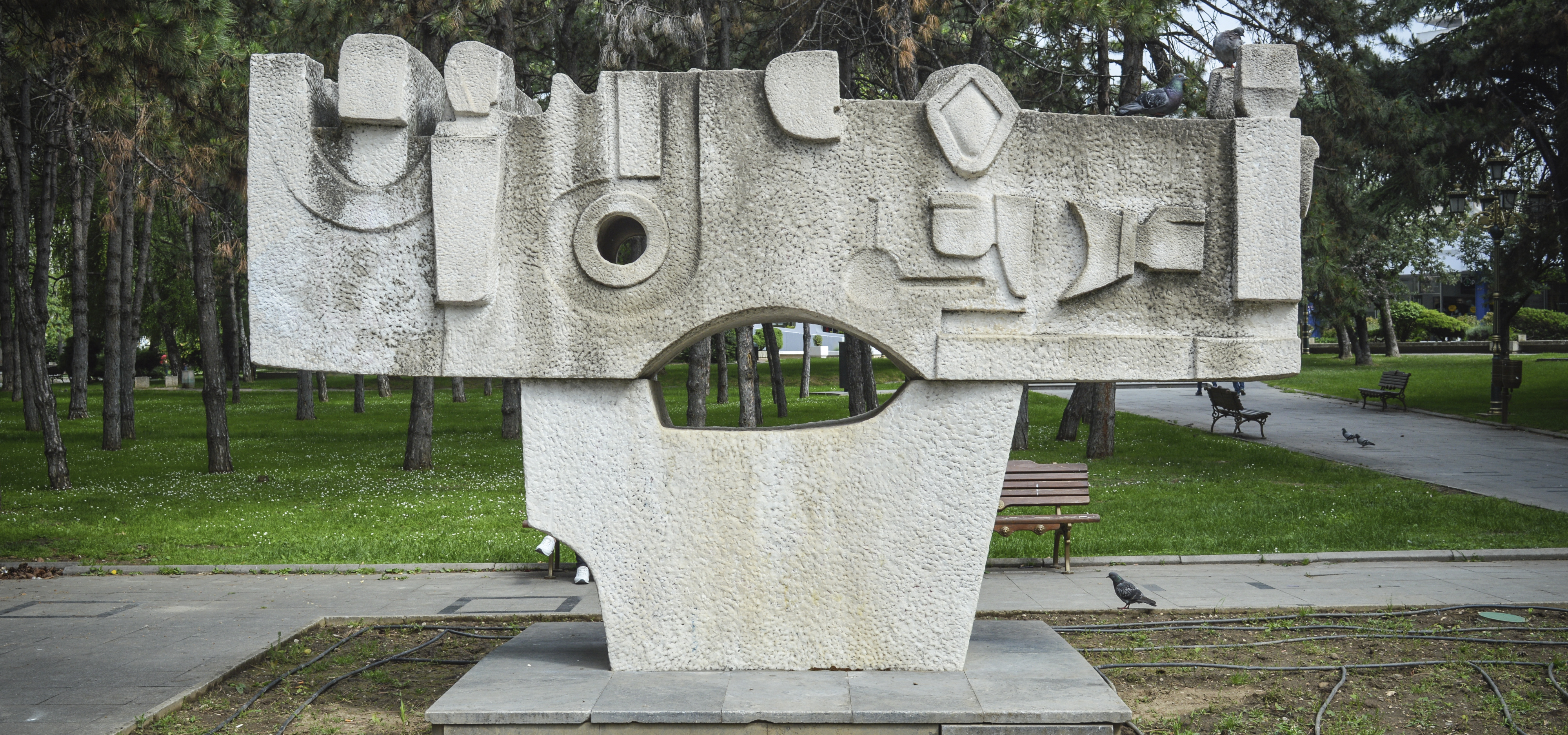
Albanian women in Macedonian politics remain invisible
The height of ‘machocracy’ in the Balkans.
|27.06.2018
|
“Proper and adequate inclusion of women can only happen with the full democratization of the political parties. Until this happens, women will continue to be a ‘necessary evil’ or just a number in order to fulfill the legal norms.”
Activist Anita Latifi"The light at the end of the tunnel is that getting engaged in politics is not only through the political parties, so Albanian women try to find other ways to be socially active." -
Political scientist and activist, Vlora Rechica.
Lumi Bekiri
Lumi Bekiri is a human rights activist and a freelance journalist from Macedonia. Most of the topics he has worked for in different international projects were about human rights, youth engagement and cultural policies.
DISCLAIMERThe views of the writer do not necessarily reflect the views of Kosovo 2.0.
This story was originally written in English.